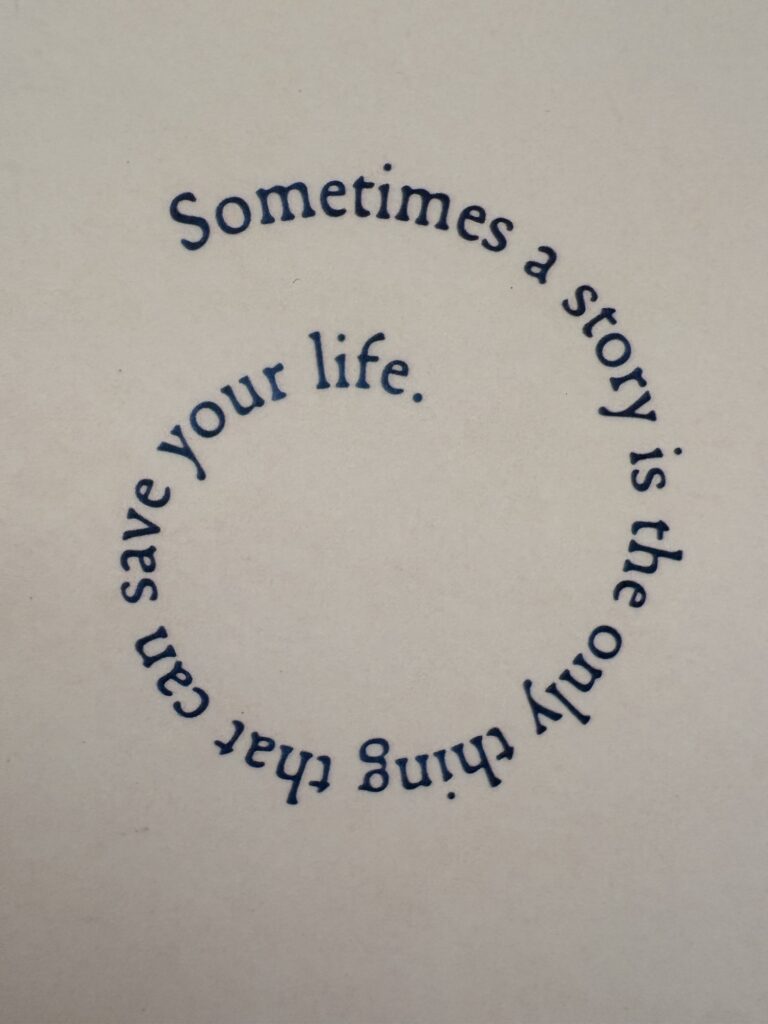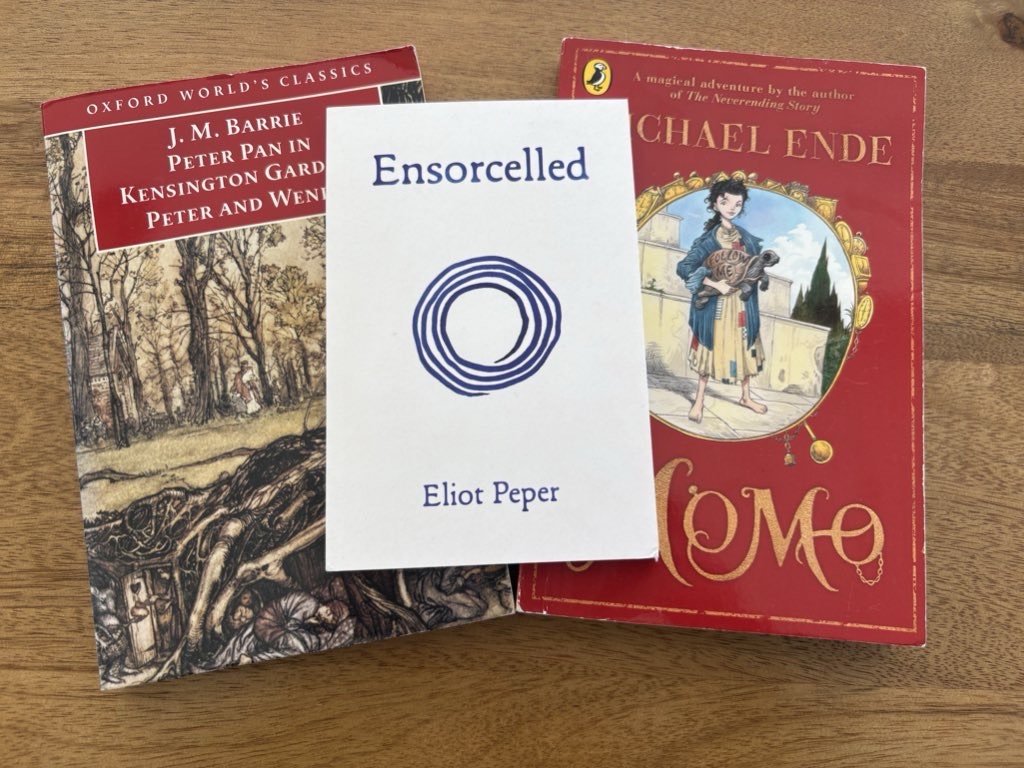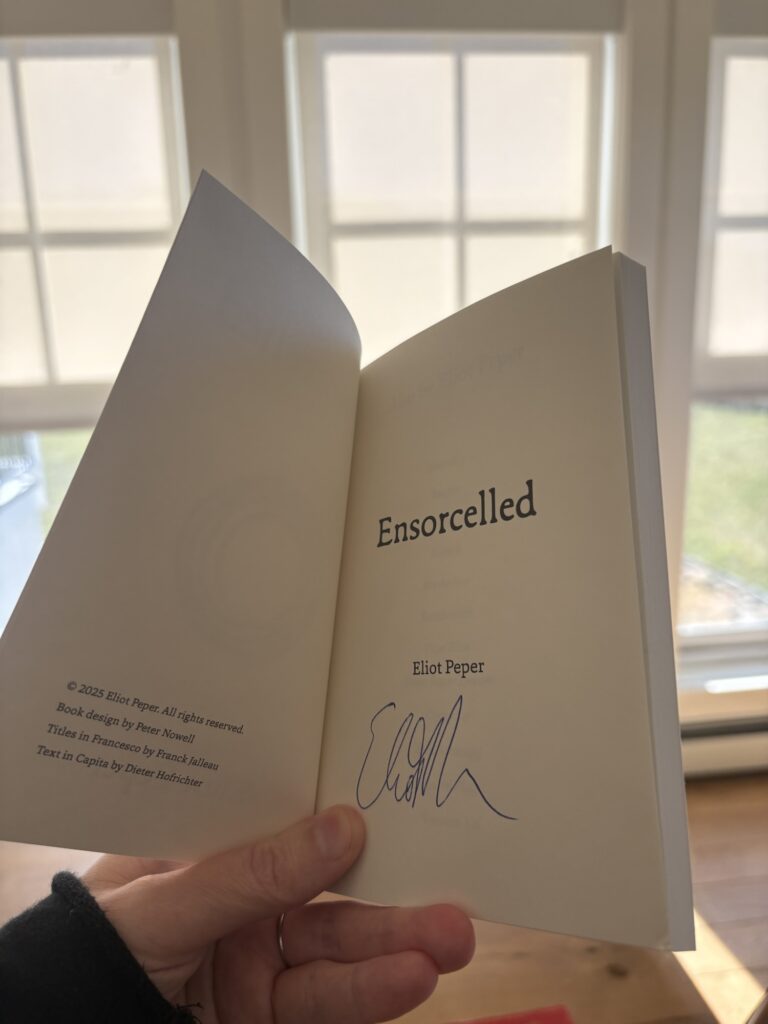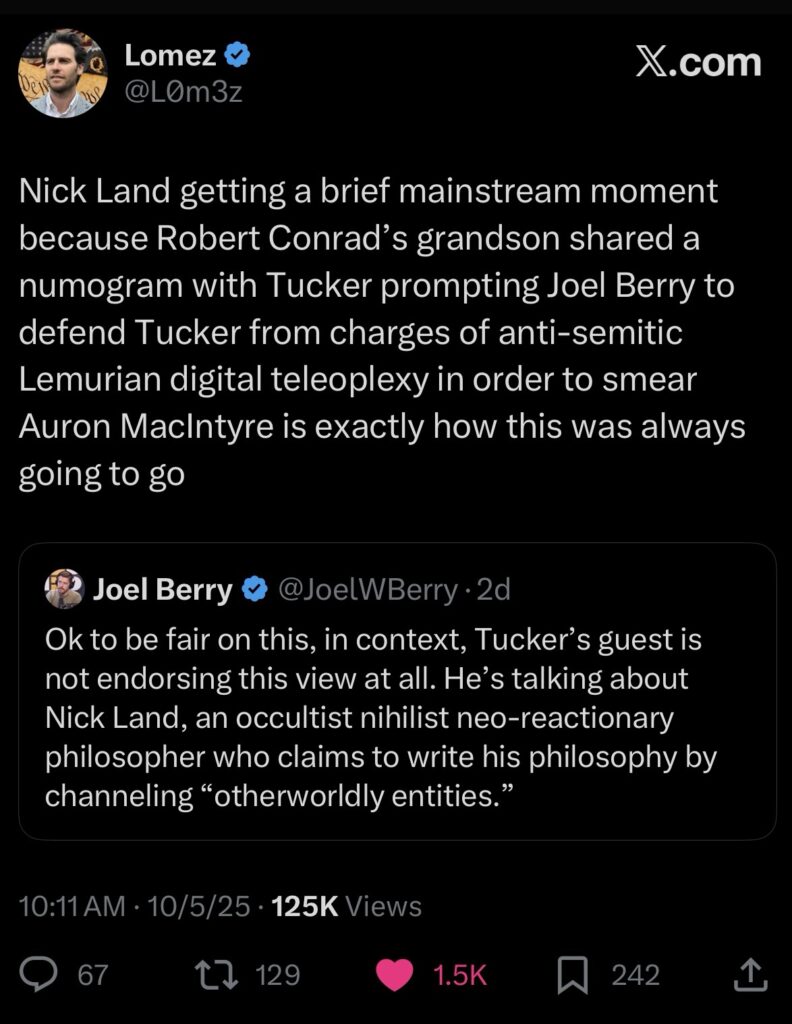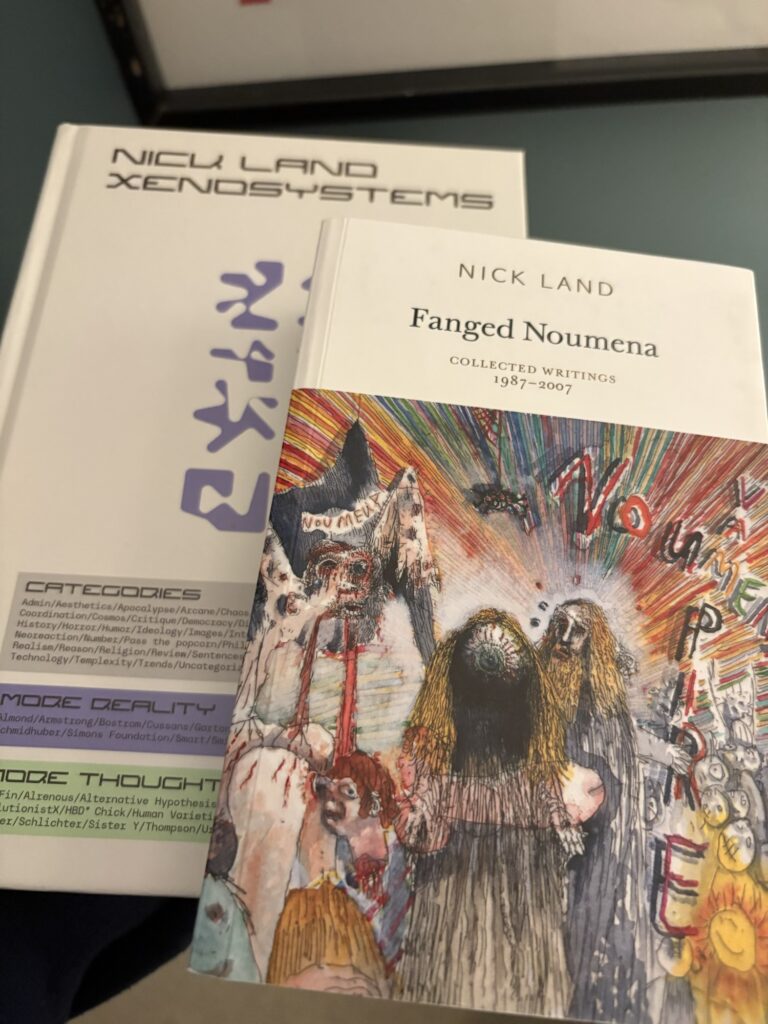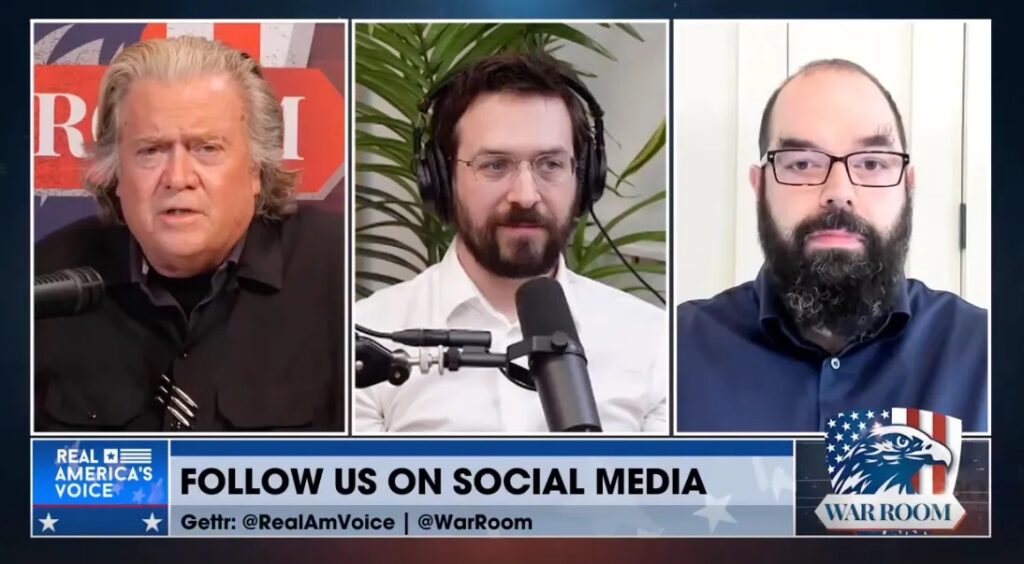I am considering doing more writing, but instead of it being an exercise in creating more, I am interested in writing about how to consume well, so meet Nice Packaging, a beauty shopping column with a b side about the business of keeping up appearances.
Background on why I want to do this is below, but if you want to be a part of it getting started, I’m going to offer “founding members” for it live 1:1 time with me to craft your perfect routine. Details here
Background
I get a fair amount of joy out of being the person in my social group who everyone goes to for advice on what to buy in the areas where I am most expert. I sort of wish it just could be just category (cosmetics would probably top the list ) but I’ve developed a wide range of interests as I’ve cultivated my tastes over the years so I’m just as likely to be asked what supplements I take for my biohacking as I am to be asked for skincare and cosmetic recommendations.
Chronic disease offers very transparent revealed preferences as I do what works best for my health. A a long career in the style industry means I’ve learned a lot and how to apply it as looking good is often a side effect of feeling good.
I have been in wellness my whole career as it’s not just a matter of having clean clear skin and long hair (though I mostly do) but having been inside the corporate sanctums of everywhere from Goop to Equinox. I learned a lot sourcing for my own makeup brand and I’ve applied the depth of knowledge I have in cosmeceuticals to my own healing as naturally we humans pay more for beauty than we do for health. The cosmetics industry is often light years ahead of standard medical practice.
Other topics I will play with may be more esoteric. I oddly well informed on preparedness thanks to our Montana off grid lifestyle. I’m regularly asked about stocking pharmaceuticals and first kits as those wellness worlds overlap with chronic disease, biohacking and family preparedness. Wellness goes hand in hand with fighting for your own life.
I still travel a great deal so I’ve got travel and packing optimization stories and preferences for days. Having once owned a cosmetics brand that specialized in on-the-go makeup, I can tell you now to pack what you need to look good for any scenario from surviving O’Hare with your family to packing black tie makeup that fits through London Heathrow’s quart bag nightmare.
And finally as an avid reader in the go-to gal for science fiction and reading lists which isn’t as likely to go with the rest but I’m shockingly well read in the genre. And no I don’t mean romantasy. I read hard sci-fi from cyperpunk to space opera. Thinking about what will be popular in the future means living on the cutting edge taste of the right now.
I’ll maintain my daily blog here as this is me time or me space or whatever you might like to call it. I enjoy having the space to ramble about continental philosophy, internet cultural subgroups and their fascinating ecosystems, my own emotional work and becoming version of myself that makes me happy and healthiest.
So I’ll be considering what all this looks like, editorial cadences and how I will integrate which portions of those varied interests into what is most likely going to be a style blog.
Get Started with Me
I can also use your help in getting this off the ground, so I’m offering something special – if you join as a “Founding Member” for the first year (for $300), I’ll spend an hour with you, coming up with your perfect skincare or cosmetics routine, and even send you some products to get started with. And btw, this can be just as helpful for men as for women.
One of my greatest pleasures is putting together cosmetic routines for my friends to test and trial to get you exactly what works for them. I’ve done this for billionaires and working class dollar store shoppers so I promise you I know the market.
I typically do an intake session with you with a questionnaire and some one-one time where we yap about your look, your hopes for them and your ambitions. Then I go over all of your preferences, allergies and issues. With that in mind I create a month or so of samples total for us to experiment with.
I’ll prepare your routine from either my personal brand library of travel sizes (which is enormous) or I decant into sample containers creams, serums, lotions and lotions into one perfect routine. Don’t worry I’m a germaphobe autist.
My goal is to make a routine that matches your skin & hair, and bodily needs perfectly with hour preferences. Things like daily simplicity or complete looksmaxxing, your budget from drugstore to luxury, your comfort level with different kinds of return on investment from Pareto optimization to no routine is too much. And then you test it out and we refine it together. I’m like a yenta for your grooming.
Sign Up Here
